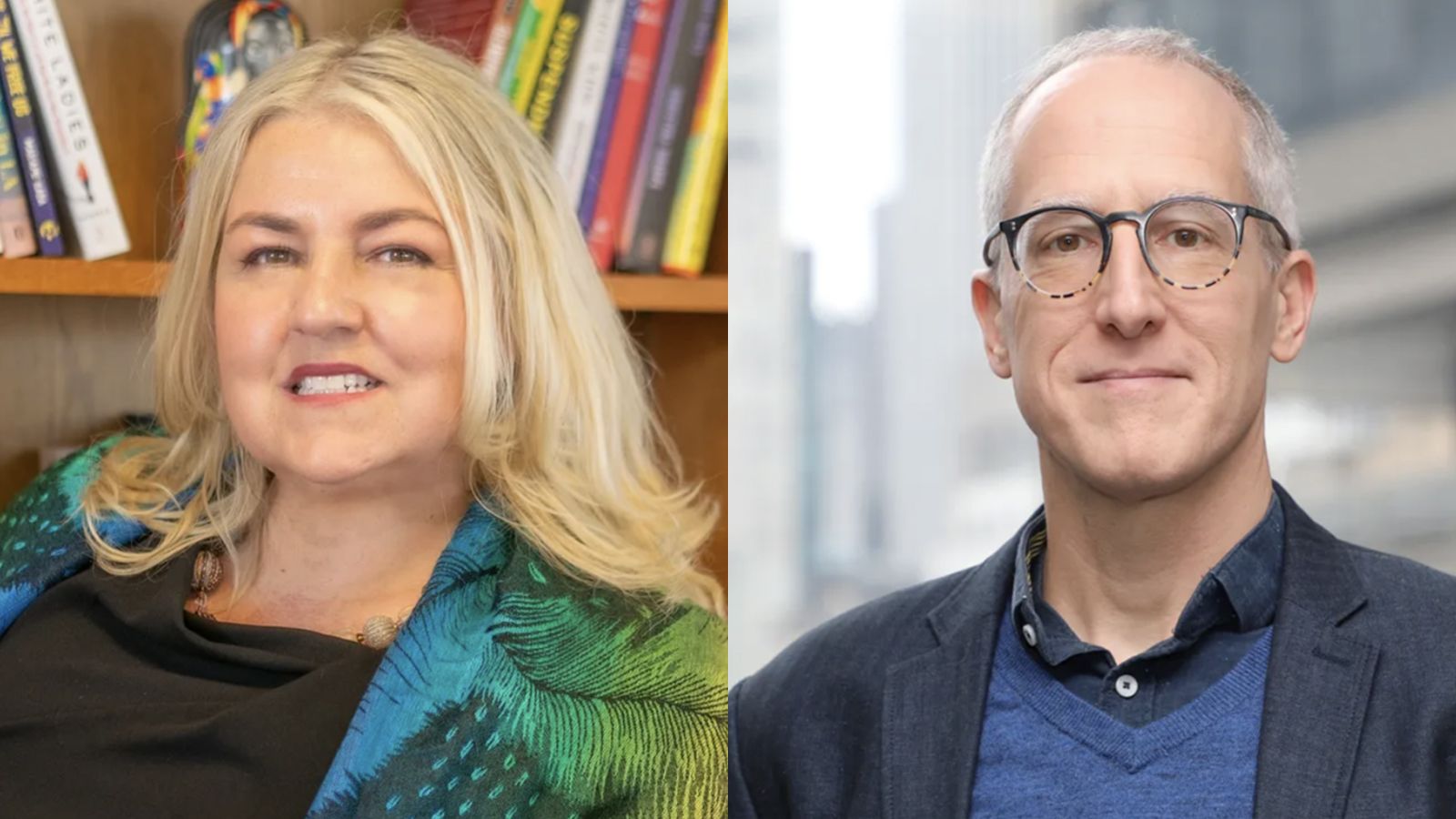It is time for the Hunter community to tell its story – together.
Hunter has begun a two-year journey of self-study, data collection, and analysis that will spotlight our strengths and identify areas for growth— its re-accreditation with the Middle States Commission on Higher Education, the agency that secures our status among educational institutions and ensures that we comply with federal regulations.
On September 18, Middle States Vice President Terence Peavy met with the heads of the seven committees overseeing Hunter’s re-accreditation drive. He later gave an overview of the once-a-decade process at a session in the North Building Assembly Hall. He stressed that the self-study exercise must include the entire campus.
“This is not about four or five people getting into a room and writing a report and sitting with Middle States saying, let us know if we if we did it,” Peavy said at the midday assembly. “This is a community wide effort. Obviously, everyone’s in class or may be teaching or maybe working, but everyone should know the process is taking place and should have a role in contributing.”
- Missions and goals
- Ethics and integrity
- Design and delivery of the student learning experience
- Support of the student learning experience
- Educational effectiveness assessment
- Planning, resources, and institutional improvement
- Government, leadership, and administration
Eventually, a committee from peer institutions will arrive on campus, analyze our self-scrutiny, and offer collegial advice. Finally, a report will emerge examining our strengths, documenting our compliance with the regulations governing college operation, and offering recommendations to address any weaknesses. View the last Middle States Commission report on Hunter.
Chito Childs and DeGloma said that Hunter had identified the following institutional priorities:
- Enhance opportunities for student success
- Further Hunter’s development as an anchor institution in New York City
- Foster an inclusive and robust learning community
One potential weakness in the self-study manifested itself at the assembly: More students could participate. Peavy asked for a show of hands from students. Only one or two were in the room.
Chito Childs and DeGloma said that, for students, the college’s self-study provided an opportunity for intellectual exploration and satisfaction. But they also offered an inducement: Students could get a certificate of participation from the Provost’s Office and develop strong working relationships with faculty and administrators, which could lead to letters of recommendation.
“I urge people to participate in the work of the working group in some way, to get involved in that process and be a part of our community gatherings, our town-hall meetings, and a variety of other things that will gather feedback from the community about Hunter,” Chito Childs said. “But I especially want to put a call out to students, faculty, and the administrators: We are accepting students to become involved, and we want to encourage them by reminding our students that this is a valuable opportunity to be a part of a very important process that is central to higher education.”


